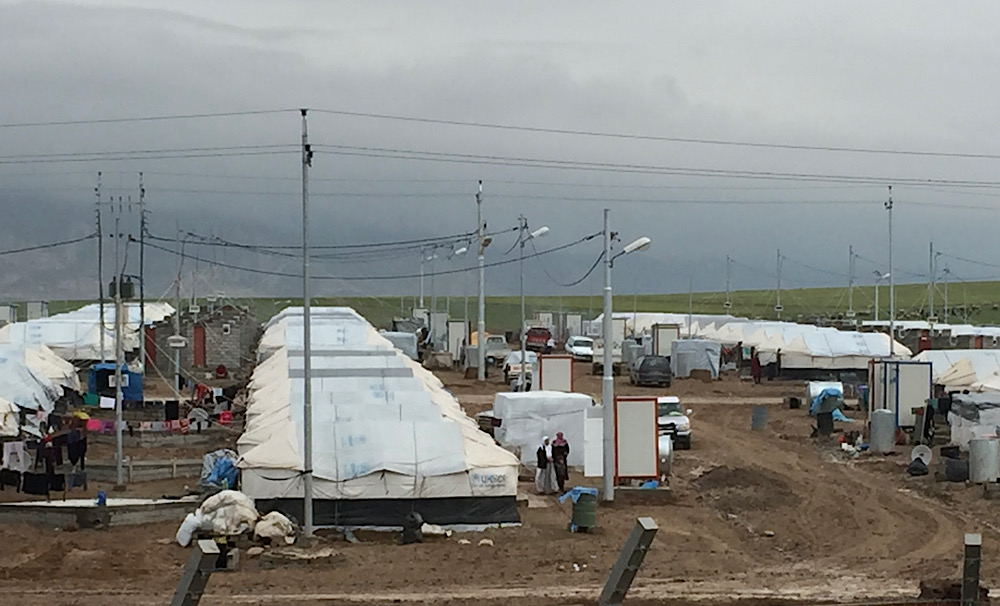UN: eight million-page archive in Baghdad on Isis crimes
A historical record completed thanks to UN efforts and set to be stored in the offices of the Supreme Judicial Council. Digitized documents proving Islamic State atrocities crucial in future trials. Kidnapped in 2014 by jihadists, six very young Yazidi women returned to their families in recent days.
Baghdad (AsiaNews) - A massive central archive containing crimes committed by the Islamic State (IS, formerly Isis) in Iraq. At least eight million pages that testify to the "bureaucratic" element that accompanied the violence and atrocities wrought by the jihadist group between 2014 and 2017, when it had conquered about half the territory - as well as neighboring Syria - imposing a brutal rule based on blood. This historical record is nearing completion thanks to the efforts of the United Nations and will be preserved in the offices of Iraq's Supreme Judicial Council.
Millions of digitized documents, collected in one central archive, proving the crimes committed by Isis. Unitad, the body set up by the U.N. to deepen investigations, began its field work five years ago in an effort to bring top leaders and co-respondents of the radical Islamist-inspired movement to justice.
"It is absolutely clear to us," says UN chief investigator Christian Ritscher, "that only if we work hand in hand with the Iraqi authorities, particularly with our counterpart in the judiciary, [the Unitad investigation] can be successful."
The German-born former prosecutor has delved into a host of atrocities perpetrated by the men of the "Islamic caliphate" including murder, torture, mass rape, enslavement and genocide. The goal is to prosecute perpetrators of "heinous international crimes" through trials "based on evidence and before competent courts."
If it is to succeed, "admissible and reliable evidence" is needed, which, moreover, according to the magistrate, "is not lacking."
"Isis, was a large-scale bureaucracy that documented and maintained a state-like administrative system" he explains. Because of this, UNITAD launched a huge project to digitize IS documents “to ensure that this evidence is admissible before any competent court, whether in Iraq or in other states.”
So far at least eight million pages of documents in the possession of Baghdad authorities have been digitized and ready to be used by investigators. The next step will be to "create a central repository that will be the sole repository of all digitized evidence," Ritscher adds.
The launch is expected to take place "in the coming days" within the Supreme Judicial Council and will be a "milestone" for the system, becoming a model and example "not only in the region, but globally."
Also in recent days, more than five years after the military defeat of Isis, six Yazidi women kidnapped by Isis militiamen in 2014 have been reunited with their families, in northern Iraq, four days after the rescue announced by Nobel Peace Laureate Nadia Murad.
Considered "heretics" by the caliphate, the Yazidis were among the main victims of the jihadist slaughter and women kidnapped and held as sex slaves or forced brides, their children taken.
From Iraq, the woman recounts, the six young women "ended up in Syria" when they were still "little more than children or teenagers." Decisive in the liberation, as Murad herself reported, was Iraqi Kurdistan and Turkey. The meeting with family members, and the reunion, took place in a park in Dohuk. "I am overjoyed," said one of them, "I have not seen them since I was nine years old."








.png)










